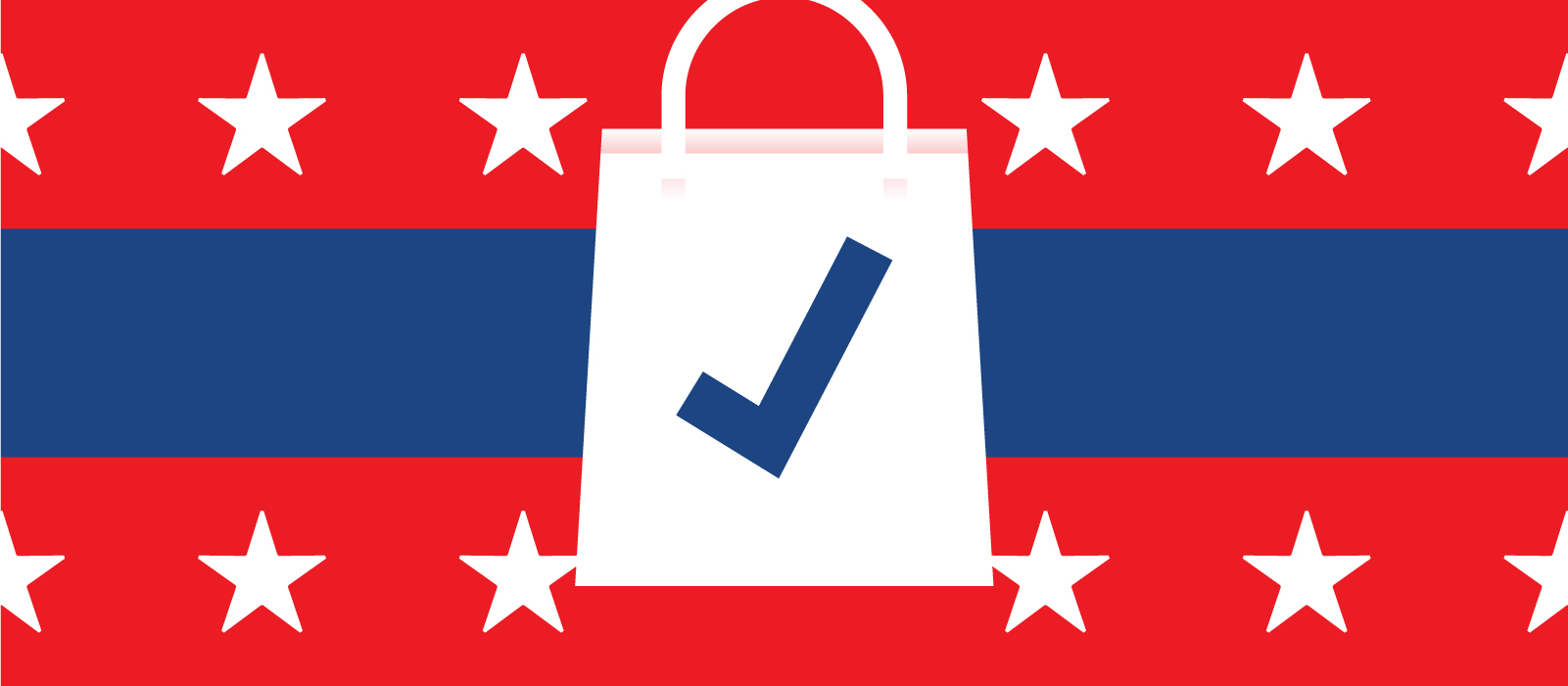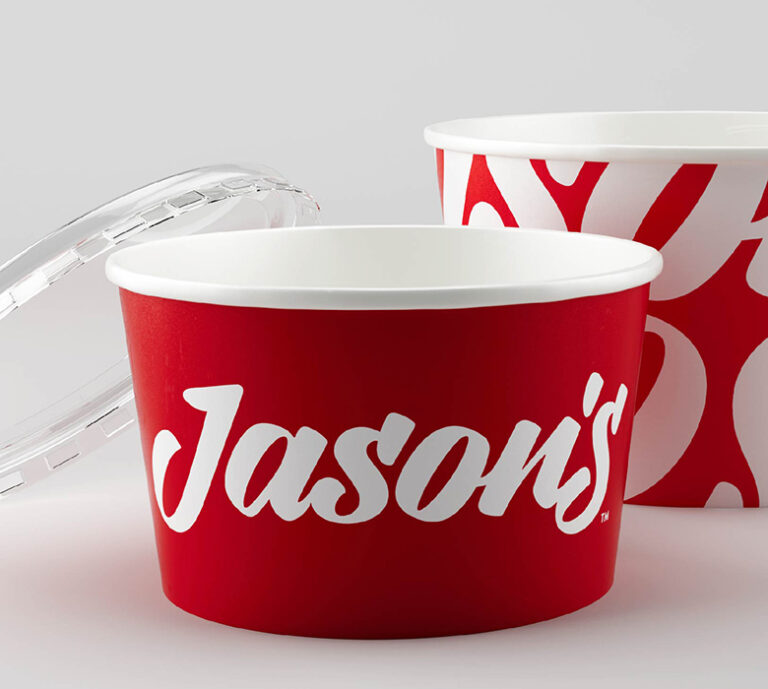×

QSR Magazine shares more about how we partnered with Jason's Deli to design their new visual identity system and restaurant environment.

Caitlin Neyer, Director of Strategic Partnerships at ChangeUp, gives brands insight into what they can learn from the campaign trail since they are always up for reelection.
From the perspective of brands, elected officials have it easy. Unless they commit an impeachable offense or do something that warrants their resignation, we’re committed to them until the next election. If they misspeak or make a wrong call, they have a committed bank of time to right the wrong and prove they can do better. Sure, we the People can dislike the electee, express our dismay, and call for change, but until that next election rolls around, our wagons are hitched.
For brands, on the other hand – every day is election day. As a brand, one day you can lead your category or be the IPO darling, and the next find yourself to be nothing more than a footnote; be deemed a rising star and just as quickly find your product tipped over on the clearance shelf. Every day, brands lose customers because of a slip in quality (e.g., J.Crew), exposure of scandal (e.g., WeWork), or failure to have perspective (e.g., Victoria’s Secret), to name a few examples. Unlike those elected to office, brands do not have the luxury of set term length to rewrite their legacy and win back the public’s loyalty. With a simple swipe on a device, consumers can cast their vote elsewhere.
If you’re a brand owner, for starters, heed this warning: do not assume loyalty. Instead, consider each interaction as a chance to win or keep a fan or risk becoming a tweet heard around the world. While a brand’s essence, vision, and expression, are all decided within the corporate c-suite boardroom, the moments that determine whether or not a brand receives a customer’s checkmark happen at a far more tactical level. How customer service responds when an issue arises, how accurate the in-store stock count is on the app, and what gets shared over social media can be make-or-break engagements.
Loyalty does not last unless there is a reason. This statement implies movement and progress. “Done” should not be a word used in any context of ‘brand’ because, just like any political position, the work is never complete. Today it is easier than ever before to create a new brand, and as recent research from McKinsey points out, as a result of COVID-19, consumers are more willing than ever to consider an alternate option. Like candidates on the campaign trail, brands must have a driven restlessness – unaccepting of the status quo with a passionate desire to do things differently. Constant reelection goes hand in hand with continuous evolution.
On Election Day, we cover our eyes, hold our breath, and nervously peek at our phones and TVs to check the results. There is a fear that looms overhead, casting a cloud of worry for what could be as the final numbers roll in. There is a permanence to the end of this day – good or bad. Brands’ perpetual state of reelection and the lack of permanence should not strike fear, but rather be seen as a motivator to campaign persistently. That is – staying true to who you are, addressing issues consumers face, and pushing to make the world a little bit better –earning and re-earning votes in your favor along the way.


